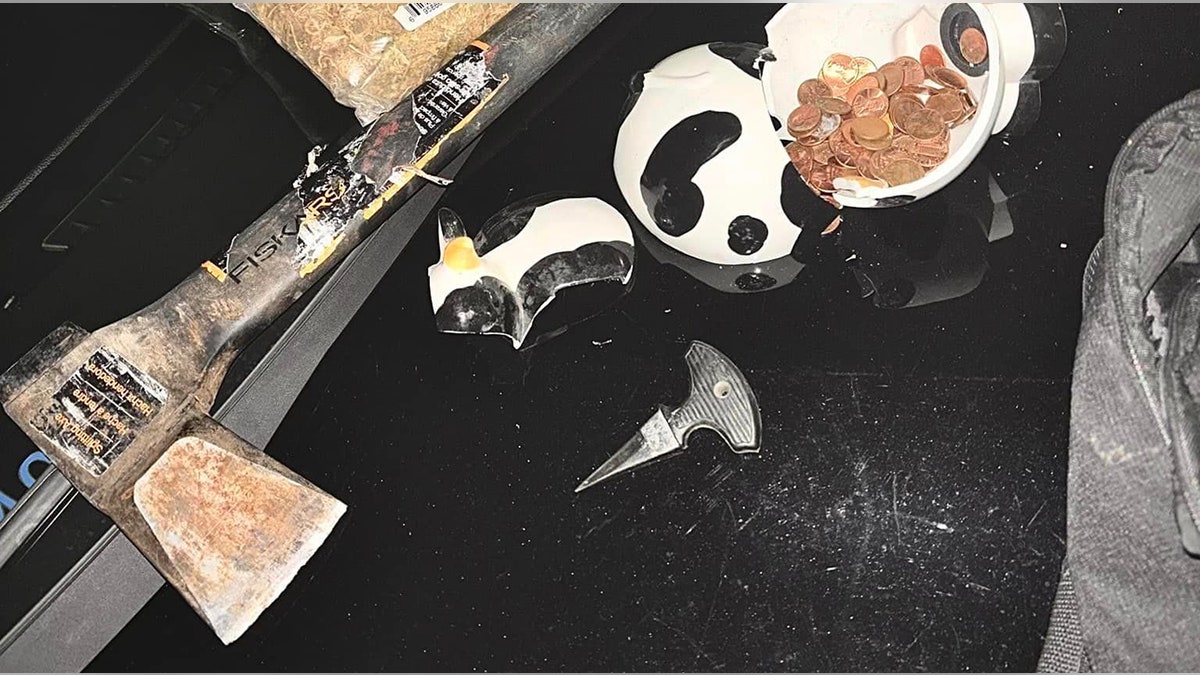ga
Mizoram Battles Rising Dengue Cases: A Look at Mosquito-Borne Threats and Public Health Responses
The tiny northeastern Indian state of Mizoram is facing a worrying surge in dengue fever cases, prompting health officials and researchers to delve deeper into the factors fueling the outbreak.
Mizoram, nestled in the lush, green hills of Northeast India, shares borders with both Myanmar and Bangladesh. With a humid subtropical climate and significant annual rainfall, the region creates a favorable environment for mosquito breeding, boosting the risk of vector-borne illnesses like dengue.
Understanding the Spread
Recently, researchers investigated the prevalence of dengue and the mosquitoes responsible for its transmission in Aizawl, Mizoram’s capital city. The study, using data from Mizoram’s Integrated Disease Surveillance Programme, revealed an alarming trend. Dengue cases have steadily climbed from 2012 to 2023, highlighting the increasing public health threat.
"We see clear seasonality to these outbreaks, with peaks coinciding with periods of wetter weather," stated a lead researcher. "Understanding the seasonal patterns, the types of mosquitoes involved, and the specific strains of dengue virus circulating are crucial for effective control strategies."
To gain insight into the outbreak dynamics, the researchers embarked on a mosquito collection program in Aizawl. This city, with its semi-urban landscape and varied elevations, provided a complex topography for mosquito diversity. Samples were gathered from 38 sites across 10 localities identified as dengue hotspots.
Tracing the Culprit: Mosquito Identification and Dengue Testing
Collected mosquitoes were meticulously categorized and analyzed.
“Using morphological identification and molecular techniques, we were able to identify the different species of mosquitoes present," explained a research team member. "We then focused specifically on [Aedes] mosquitoes, which are well known for transmitting dengue. Notably, A Armigeres subalbatus, a mosquito species not known for carrying dengue, was also abundant but excluded from the viral testing."
Genomic analysis was conducted on the Aedes mosquitoes to piece together the genetic code of the deuterium- toothed mosquitoes for a better understanding of the strains circulating. Simultaneously, extracted RNA from mosquito pools allowed researchers to identify the presence of DENV.
A Deeper Dive: Identifying Dengue Strains
"We employed a combination of PCR techniques, targeting specific genes within the DENV genome," explained a researcher specializing in molecular diagnostics. "This allowed us to not only detect the dengue virus but also identify the specific serotype(s) contributing to the outbreak."
Identifying the specific DENV serotypes circulating is vital because different serotypes can lead to varying severity of illness, and immunity to one serotype doesn’t necessarily guarantee protection against others.
The findings from this research hold significant implications for public health efforts in Mizoram and beyond. By shedding light on the mosquitoes involved, their distribution, and the specific dengue strains present, the study provides a crucial framework for designing targeted control measures.
The Mizoram experience reinforces the need for continued vigilance in monitoring vector-borne diseases, especially in regions vulnerable to climate change impacts and with limited healthcare resources.
## Mizoram Battles Rising Dengue Cases: An Expert Interview
**World Today News** speaks with Dr.lalremsimuong Thang, Director of the State Public Health Department of Mizoram, about the recent increase in dengue fever cases and the steps being taken to address the situation.
**W.T.N.:** Dr. Thang, Mizoram has seen a significant spike in dengue cases in recent weeks. can you tell us more about the extent of the outbreak?
**Dr. Thang:** Yes, we are deeply concerned about the rise in dengue cases in Mizoram. While we typically see cases during the monsoon season,this year the numbers have been unusually high. As of [date], we have recorded [number] confirmed cases across [number] districts.
**W.T.N.:** What factors are contributing to this surge in cases?
**Dr. Thang:** the humid subtropical climate and heavy rainfall in Mizoram create ideal breeding grounds for *Aedes aegypti*, the mosquito that transmits dengue. These conditions, coupled with increased movement of people across borders, especially from neighboring countries like Bangladesh and Myanmar, where dengue is also prevalent, have likely played a role in the outbreak.
**W.T.N.:** What measures are the health authorities taking to manage the situation?
**Dr. Thang:** We have implemented a multi-pronged approach. First, we are actively conducting surveillance and vector control activities, including fogging and larviciding in high-risk areas. We are also focusing on source reduction by urging communities to eliminate mosquito breeding sites like stagnant water. Second, we have strengthened our diagnostic capacity and are providing prompt treatment to affected individuals.
**W.T.N.:** what can individuals do to protect themselves from dengue fever?
**Dr. Thang:**
Prevention is key. Individuals can play a crucial role by:
* **Wearing long clothing:** this helps reduce exposed skin for mosquitoes to bite.
* **Using mosquito repellent:** Apply repellent containing DEET, picaridin, or IR3535.
* **Sleeping under mosquito nets:** This provides protection, especially during peak mosquito activity hours.
* **Eliminating mosquito breeding sites:** Remove stagnant water from containers, flower pots, and othre areas around your home.
**W.T.N.:** Are there any concerns about other mosquito-borne illnesses in Mizoram alongside dengue?
**Dr. Thang:** yes, we are also vigilant about other mosquito-borne diseases like chikungunya and Zika virus. These diseases share similar symptoms and can also spread rapidly during mosquito season.
**W.T.N.:** What are your key messages to the public regarding this outbreak?
**Dr. Thang:** We urge everyone to take dengue fever seriously.Early diagnosis and treatment are essential for recovery. We encourage citizens to actively participate in mosquito control efforts by diligently eliminating breeding sites and protecting themselves from bites.We are working tirelessly to control this outbreak and protect the health of our citizens.
**W.T.N.:** Thank you,Dr.Thang,for sharing this importent details.
**Dr. Thang:** You are welcome.


